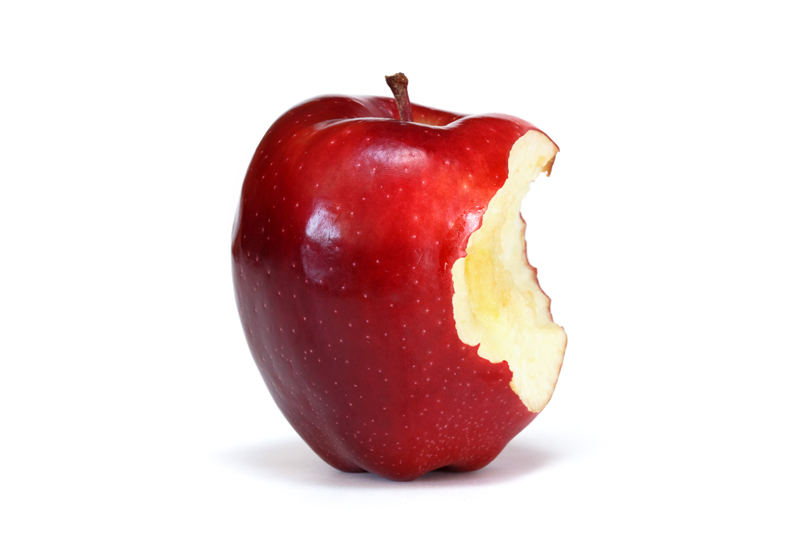Aspartame or Stevia?

Lawsuits have been filed in California against twelve companies who either produce or use aspartame as a sugar substitute in their products.
The suits filed allege that these companies marketed products such as diet sodas, sugar free gum, yogurt, and even children’s vitamins and aspirin with the knowledge that aspartame, which was used to sweeten these products, is a neurotoxin.
Dr. John Olney did studies in 1970 on aspartic acid, which makes up 40% of aspertame. His study concluded that aspartame caused lesions in the brains of mice. In 1996, he also showed a correlation between aspartame and brain tumors.
Aspartame has been thought to cause headaches, memory loss, seizures, vision loss, coma and cancer. It is also suggested that it may worsen or mimic the symptoms of fibromyalgia, MS, lupus, ADD, diabetes, Alzheimer‘s, chronic fatigue, and depression.
Aspartame allows for the release of methyl alcohol, because methanol, or wood alcohol, constitutes one third of the aspartame molecule. Methanol is classified as a severe metabolic poison and narcotic.
Since the discovery of aspartame in 1965, there has been much controversy about the health risks it may present. Despite laboratory tests that indicated that aspartame caused brain tumors in rats, the FDA approved aspartame for dry goods in 1981. In 1983, aspartame was approved for use in carbonated beverages. Today it is found in over 5000 foods, drinks and medicines.
Neurosurgeon Russell Blaylock, MD, author of “Excitotoxins: The Taste That Kills”, https://aspartamekills.com/, explains the relationship between aspartame and macular degeneration, diabetic blindness and glaucoma, which are all know to result from toxins accumulated in the retina.
Plaintiffs in the lawsuits have asked for an injunction to stop companies from producing, manufacturing, processing, selling, or using aspartame.
An alternative to aspartame is the herb stevia. Stevia is very sweet, a little goes a long way. Interestingly enough, the FDA forbids any advertising about this innocent little herb, that has never harmed anyone, as a sweetener. It may be advertised as a dietary supplement, however. You can read about the whole stevia/aspartame debate at
https://www.stevia.net/.
The suits filed allege that these companies marketed products such as diet sodas, sugar free gum, yogurt, and even children’s vitamins and aspirin with the knowledge that aspartame, which was used to sweeten these products, is a neurotoxin.
Dr. John Olney did studies in 1970 on aspartic acid, which makes up 40% of aspertame. His study concluded that aspartame caused lesions in the brains of mice. In 1996, he also showed a correlation between aspartame and brain tumors.
Aspartame has been thought to cause headaches, memory loss, seizures, vision loss, coma and cancer. It is also suggested that it may worsen or mimic the symptoms of fibromyalgia, MS, lupus, ADD, diabetes, Alzheimer‘s, chronic fatigue, and depression.
Aspartame allows for the release of methyl alcohol, because methanol, or wood alcohol, constitutes one third of the aspartame molecule. Methanol is classified as a severe metabolic poison and narcotic.
Since the discovery of aspartame in 1965, there has been much controversy about the health risks it may present. Despite laboratory tests that indicated that aspartame caused brain tumors in rats, the FDA approved aspartame for dry goods in 1981. In 1983, aspartame was approved for use in carbonated beverages. Today it is found in over 5000 foods, drinks and medicines.
Neurosurgeon Russell Blaylock, MD, author of “Excitotoxins: The Taste That Kills”, https://aspartamekills.com/, explains the relationship between aspartame and macular degeneration, diabetic blindness and glaucoma, which are all know to result from toxins accumulated in the retina.
Plaintiffs in the lawsuits have asked for an injunction to stop companies from producing, manufacturing, processing, selling, or using aspartame.
An alternative to aspartame is the herb stevia. Stevia is very sweet, a little goes a long way. Interestingly enough, the FDA forbids any advertising about this innocent little herb, that has never harmed anyone, as a sweetener. It may be advertised as a dietary supplement, however. You can read about the whole stevia/aspartame debate at
https://www.stevia.net/.
You Should Also Read:
Holistic Medicine
Rense

Editor's Picks Articles
Top Ten Articles
Previous Features
Site Map
Content copyright © 2023 by Linda Paul. All rights reserved.
This content was written by Linda Paul. If you wish to use this content in any manner, you need written permission. Contact Victoria Abreo for details.



